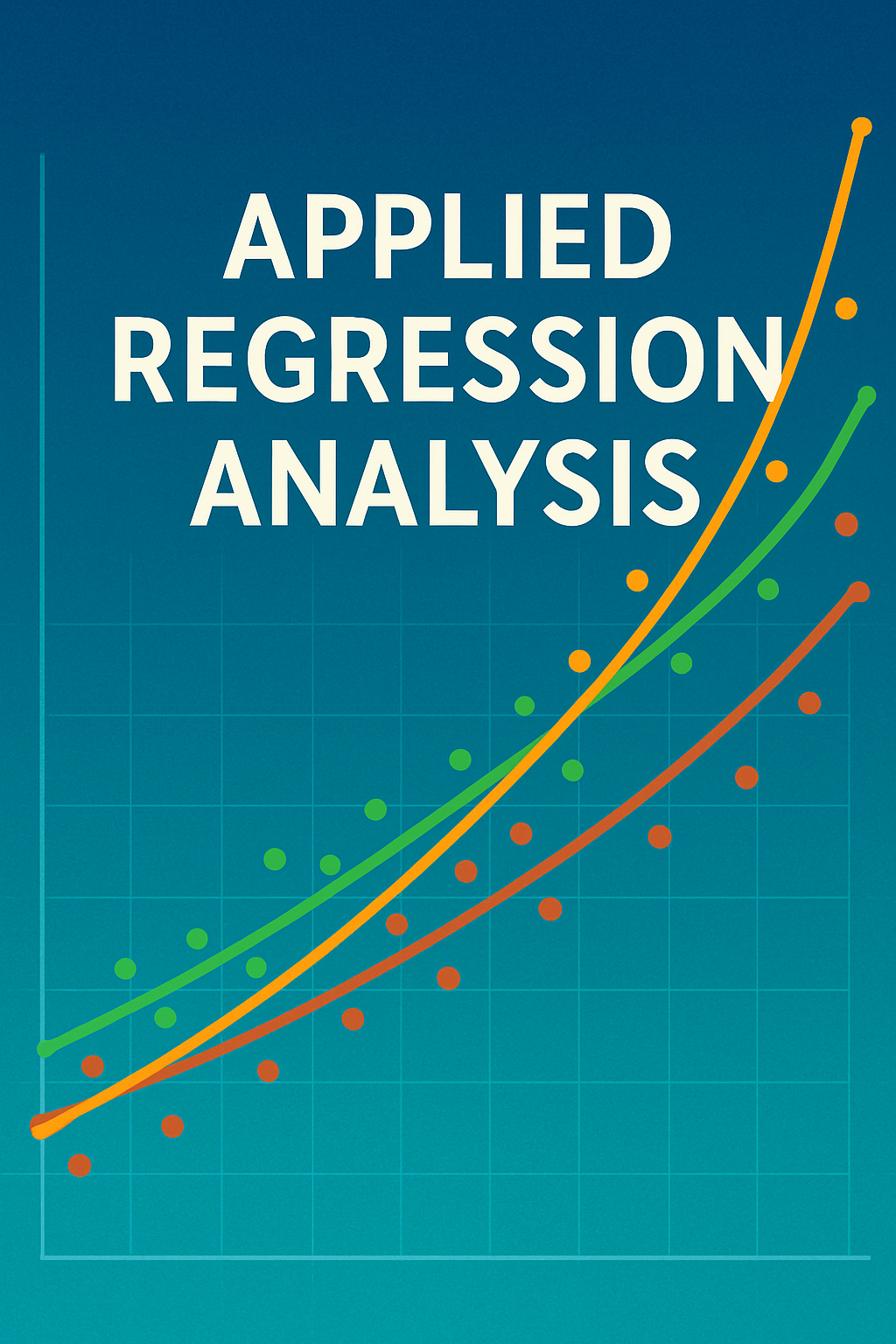
This unit introduces the foundational concepts of calculus, including limits, continuity, differentiation, and integration of functions of a single variable. Students will explore the practical applications of derivatives and integrals in solving real-world problems involving rates of change, optimization, and area under curves. Emphasis is placed on conceptual understanding, mathematical reasoning, and the development of problem-solving skills. By the end of the course, learners will be able to apply calculus techniques to model and analyze dynamic systems in science, engineering, and economics.
- Teacher: Admin User

This unit provides learners with the knowledge and skills to apply regression techniques in analyzing relationships between variables in real-world datasets. The focus is on practical implementation of simple and multiple linear regression models, diagnostics, and interpretation of results using statistical software. Students will learn how to formulate regression models, estimate parameters, assess model fit, and validate assumptions. The unit emphasizes hands-on data analysis using tools such as R, SPSS, or Excel, equipping learners to make data-driven decisions in fields such as economics, education, health, business, and engineering.
- Teacher: Admin User